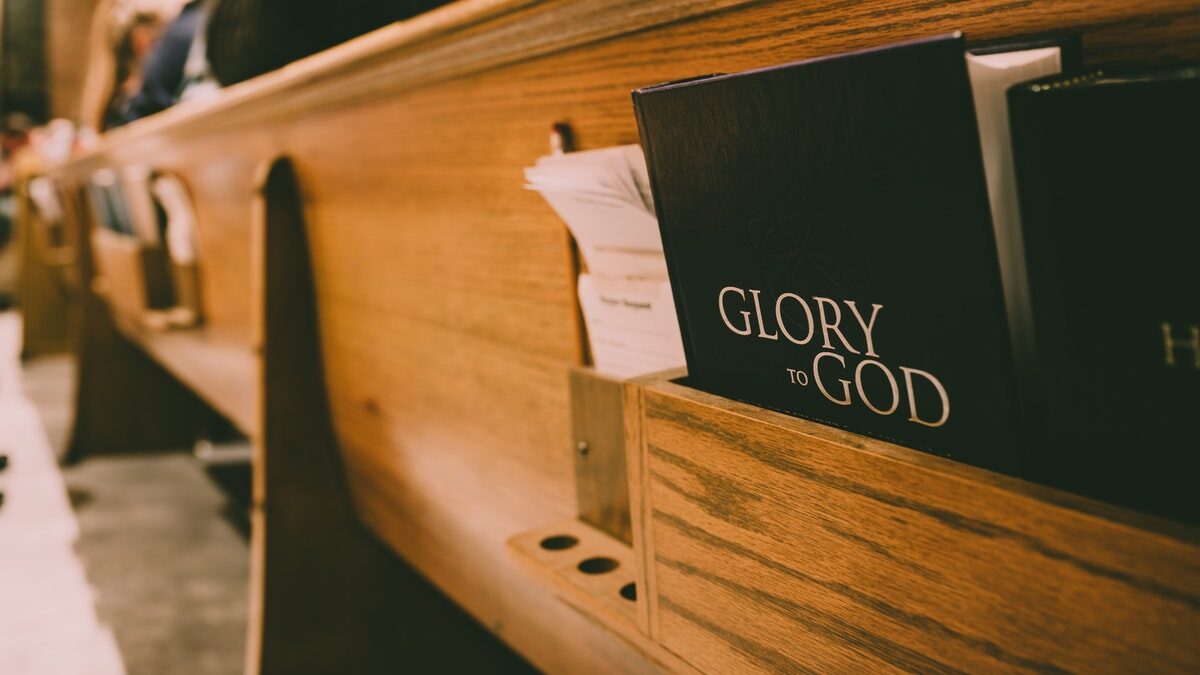Fewer Americans are going to church on a regular basis and most think the United States is headed in the wrong direction, a poll out today from Marist and Deseret News finds.
After surveying 1,653 adults at the beginning of 2022, pollsters found that many Americans, 54 percent, still profess belief in God “as described in the Bible.” But far fewer are willing to follow the Bible’s clear commands to physically attend church at least weekly and pray “without ceasing” than in previous years.
Studies show that regular church attendance not only provides moral and spiritual development but also mental, physical, and relational health benefits for adults and kids that prolong life expectancy. Since 2011, however, once or twice a month church attendance among adults in America has dropped from 52 percent to 40 percent. Only an underwhelming 30 percent of U.S. adults claim they attend religious services weekly and most of those are well into their elder adult years.
As older, church-prone generations age out of society, younger people are drifting away from churchgoing. According to the poll, Americans 60 years or older are 43 percent more likely to attend worship weekly than any other age group. Only 27 percent of those aged 45 to 59 and 25 percent of those aged 30 to 44 say they go to church weekly. The number drops even lower, 21 percent, in the 18 to 29 age category.
Research indicates the largest contributor to young people’s decline in religious commitment is their attendance at secular, government-run education institutions.
The same trend of religious decline has occurred for daily prayer, which is down in U.S. adults to 53 percent today, compared to the 58 percent reported by Pew in 2007. While nearly 70 percent of American adults 60 or older and 61 percent of adults aged 45 to 59 say they pray daily, only 49 percent of those in the 30 to 44 category and 27 percent of those 18 to 29 age group say they pray every day. More than one in five American adults, 22 percent, simply don’t pray at all, which is up from the 18 percent recorded in 2007.
In addition to demonstrating a lack of spiritual discipline in America’s religious adults, the poll also showed dismal decadence in American society even though 91 percent of U.S. adults claim they are moral because they follow the Golden Rule. The Bible says much more is required than that.
Most Americans, 72 percent, agree that the nation’s moral compass is “pointed in the wrong direction,” but most of them aren’t turning to their belief in God for guidance. Most American adults, 65 percent, say faith is not necessary for morality. Approximately 79 percent of these same adults say they look to their family for moral guidance first. Sixty-five percent said they trusted friends on the matter, while 66 percent said they seek ethics from the rule of law.
Regardless of Americans’ moral posturing, faith in the United States is eroding. Fewer adults are willing to devote their time to the practices God designed to reinforce their faith. As generations age and the push for secularism and the erasure of faith continues in American establishments such as public schools, younger people are losing spiritual influence and instruction, and with it their faith. Generational faith continues to decline in a predictable pattern.
Longstanding philosophical arguments and social science observations show that as Christianity decreases, so does political freedom. As the Communist turned witness against Communism Whittaker Chambers wrote in 1952, “External freedom is only an aspect of interior freedom. Political freedom, as the Western world has known it, is only a political reading of the Bible. Religion and freedom are indivisible. Without freedom, the soul dies. Without the soul there is no justification for freedom. Necessity is the only ultimate justification known to the mind.”









